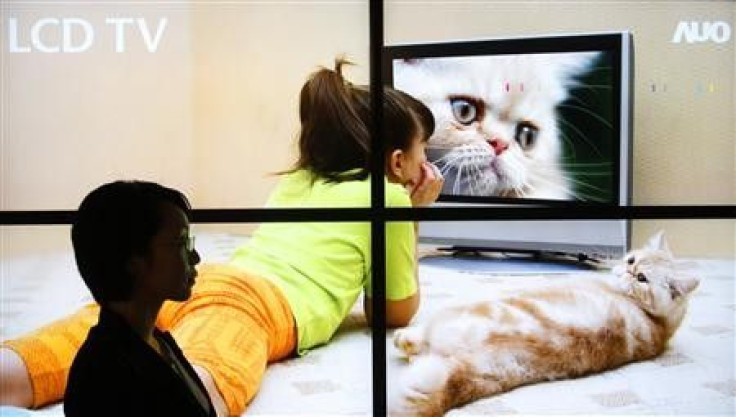Taiwan OKs Chinese investment in chips, LCDs-sources

Taiwan's government has approved a plan to allow Chinese firms to invest in the island's key semiconductor and LCD panel makers in the latest sign of deepening economic ties between the political rivals.
Two sources with direct knowledge of the matter said the new law will allow Chinese firms to take stakes of up to 10 percent in Taiwanese chip and LCD makers or up to 50 percent in any joint venture.
The move is part of a second round of opening to Chinese investment. The first round, in 2009, opened 100 sectors, most of them considered less sensitive, such as automobiles, plastics and PC manufacturing. That initial opening has brought some $140 million worth of Chinese investment to Taiwan so far.
While on the surface a major concession by Taiwan, one of the sources said that the move was more a way of showing willing to China, and any real effects would need some time.
Analysts also saw little short-term effect, with stakes at only 10 percent not giving buyers much in terms of a say in their investment.
The government is being careful and cautious. If they do it slowly and people think it's OK, I believe that further opening will follow, said Fangkuo Li, president of President Capital Management Corp.
He added that the move was unlikely to have much effect on share prices in the short term, beyond moderating somewhat the recent sharp falls in shares.
Chips and LCDs, where Taiwan possesses world-leading technologies and which are major drivers of the export-led economy, had previously been considered too sensitive to open to the mainland, in part because of concerns of the loss of intellectual property.
Taiwan chip firms are allowed to buy into mainland ones, but can only use older technologies in any operations there. Similarly, Taiwan's LCD makers are allowed to build factories in China only if their plants at home use more advanced technology.
AU Optronics Corp, the world's No.4 LCD maker, got government approval late last year for a 7.5-generation production operation in China, which could start up in 2012.
Taiwan has been pushing for stronger ties with China under the administration of President Ma Ying-jeou since 2008, seeking to bolster the island's economic strength. Political issues, however, remain sensitive.
The two sides signed a landmark trade deal last year that cuts tariffs on thousands of products and brought relations between the two to their best in six decades.
News of the government approval came as a major business delegation visits Taiwan, led by China's chief negotiator with the island.
However many in Taiwan view the trade deal and the delegations with suspicion, suspecting they are a way for China to push its agenda of taking back the self-ruled Taiwan.
© Copyright Thomson Reuters 2024. All rights reserved.











